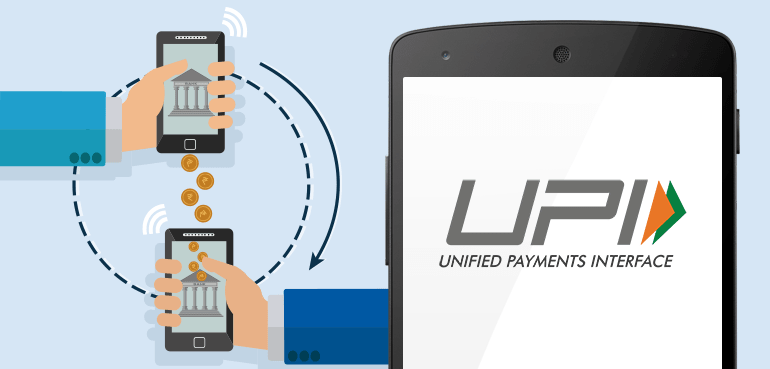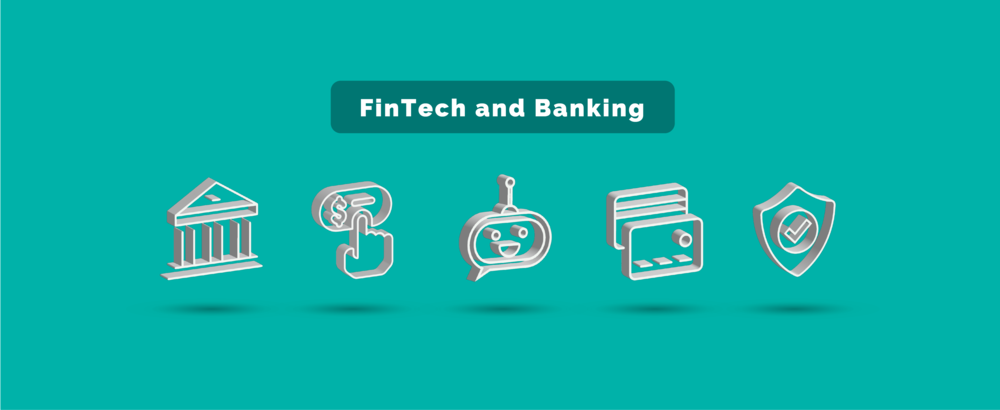In the ever-evolving landscape of finance, the term “fintech” has become a buzzword. But what exactly is fintech, and how is it transforming the financial industry? In this detailed exploration, we will unravel the intricacies of fintech, discussing its origins, its impact, and its future. So, without further ado, let’s write a blog on this topic, “What is fintech,” and embark on a journey through the realm of financial technology.
Fintech: An Introduction
To comprehend the concept of fintech, we need to break it down into its components. “Fintech” is a portmanteau of two words: “financial” and “technology.” At its core, fintech represents the integration of technology into various aspects of finance. This integration aims to enhance and streamline financial services, making them more efficient, accessible, and user-friendly.
The Birth of Fintech
The roots of fintech can be traced back to the 1950s, when credit cards were introduced, revolutionizing the way people made payments. However, the true fintech revolution began in the late 20th century with the rise of the internet and the digitalization of financial processes. Online banking, electronic trading, and digital payment systems paved the way for fintech’s emergence as a distinct industry.
Key Components of Fintech

1. Digital Payments
One of the fundamental aspects of fintech is digital payments. Traditional methods of cash and checks are gradually being replaced by digital payment solutions. From mobile wallets to contactless payments, fintech has made transactions quicker and more convenient.
2. Peer-to-Peer Lending
Fintech has democratized lending through peer-to-peer platforms. These platforms connect borrowers directly with individual lenders, eliminating the need for traditional banks and reducing interest rates.
3. Blockchain and Cryptocurrency
Blockchain technology and cryptocurrencies like Bitcoin have disrupted traditional finance by offering decentralized and secure ways to transfer and store value. They have the potential to revolutionize banking and investment.
4. Robo-Advisors
The computerized investment platforms known as robo-advisors manage portfolios using algorithms. They provide cost-effective investment solutions and are gaining popularity among investors.
5. Insurtech
The insurance industry has also witnessed fintech innovation. Insurtech companies leverage data analytics and technology to streamline the insurance process, making it more efficient and tailored to individual needs.
The Impact of Fintech

Enhancing Accessibility
Fintech has made financial services accessible to a broader audience. With smartphones and internet connectivity, individuals from remote areas can now access banking, investment, and payment services.
Efficiency and Cost Reduction
The automation of financial processes has led to significant cost reductions for both financial institutions and consumers. Transactions are processed faster, and overhead costs are minimized.
Financial Inclusion
In order to promote financial inclusion, fintech has been crucial. It has enabled millions of unbanked individuals to participate in the formal financial system through digital banking and microloans.
Disruption of Traditional Banking
Traditional banks are facing increased competition from fintech startups. This competition has driven banks to innovate and improve their services to remain relevant.
FAQs
Q: Is fintech only about mobile banking apps?
A: No, fintech encompasses a wide range of technologies and services, including digital payments, blockchain, peer-to-peer lending, and more.
Q: How secure are cryptocurrencies in fintech?
Cryptocurrencies use advanced cryptographic techniques to secure transactions, making them highly secure. However, users should take precautions and follow best practices to protect their assets.
Q: Can fintech completely replace traditional banks?
A: While fintech has disrupted the banking sector, traditional banks still play a vital role in the financial ecosystem. Fintech and traditional banking can coexist, offering diverse options to consumers.
Q: What skills are in demand in the fintech industry?
A: Fintech companies seek professionals with expertise in data analytics, cybersecurity, blockchain technology, and programming languages like Python.
Q: How can I start investing in fintech companies?
A: You can invest in fintech by purchasing stocks of fintech companies listed on stock exchanges or by exploring investment platforms that offer fintech-focused portfolios.
Q: What is the future of fintech?
The future of fintech holds exciting possibilities, including increased adoption of blockchain, further development of digital currencies, and continued innovation in financial services.
Conclusion
In conclusion, fintech is a dynamic and transformative force in the world of finance. It has revolutionized how we manage money, invest, and access financial services. As technology continues to advance, fintech’s impact will only grow, shaping the future of finance in ways we can’t yet fully predict. So, keep an eye on this ever-evolving industry, and remember, the future of finance is fintech.


1 thought on “What is Fintech: A Revolution in Finance”